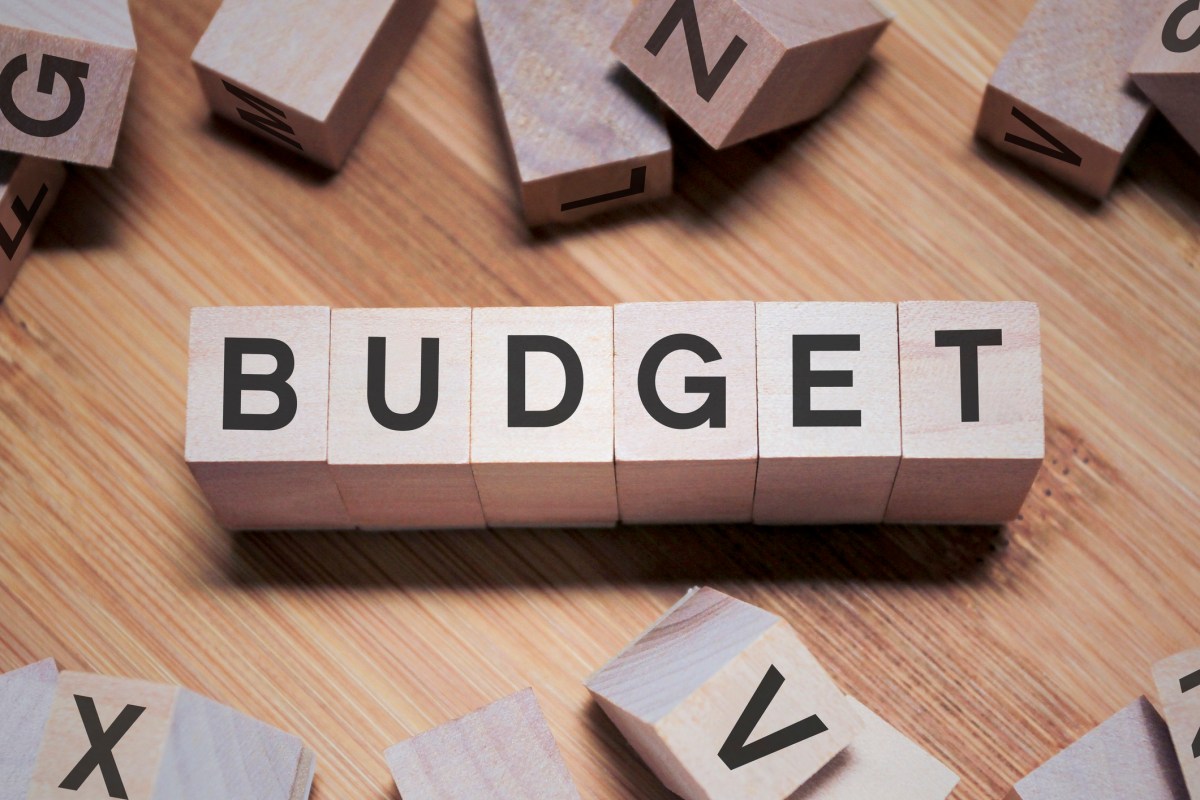The Australian Retailers Association (ARA) and National Retail Association (NRA) have expressed cautious support for the modest cost of living measures in the 2025 Federal Budget.
These measures, which include delayed tax cuts, energy relief, healthcare, student debt reduction, and pensioner assistance, could help improve consumer confidence.
However, both associations warned that the ongoing slowdown in consumer spending, combined with rising business costs, leaves retailers in a vulnerable position.
The budget’s measures of interest to retailers include minor tax relief, with the first tax threshold reduced from 1 July 2026, providing $268 per year to the average worker, increasing to $536 in mid-2027.
Other support includes increased funding for the Pharmaceutical Benefits Scheme (PBS), more bulk-billed GP visits, and student debt relief. There’s also guaranteed childcare support for three days per week, alongside $1 billion in funding to expand access and quality.
Energy relief is extended to households and small businesses, with $150 allocated, and $60 million continues to support small business digital and cybersecurity development.
Other measures include addressing excessive card surcharges, which could lower payment costs, and $17.1 billion over ten years to improve supply chain resilience through freight efficiency projects, including the Bruce Highway in Queensland and the Western Sydney region.
“Small business owners have been in the trenches, fighting to survive. It’s disappointing there seems to be more funding in this budget to enhance red tape and regulation compliance than to educate or relieve businesses of that administrative burden. We are disappointed to have uncertainty around the instant asset write-off, which is not accounted for in the budget,” said Fleur Brown, ARA Chief Industry Affairs Officer.
“Retailers face persistent cost pressures – from rising leasing, energy, transportation and insurance costs to supply chain impacts. Our retailers are also having to compete with ultra low-cost global operators who don’t pay taxes or employ Australians. We can’t have an economic recovery without a retail recovery, and we need to make sure they have the means to compete,” said Lindsay Carroll, NRA Interim CEO.
Carroll pointed out that the budget did not address the financial impact of ex-Tropical Cyclone Alfred, which is expected to cost at least $13.5 billion, nor did it include resilience measures for extreme weather events such as floods and bushfires.
“Employing one in 10 Australians and contributing around 18 percent to GDP, retail is the backbone of many communities, and strong government policy is crucial to ensuring its long-term success,” Carroll said.

